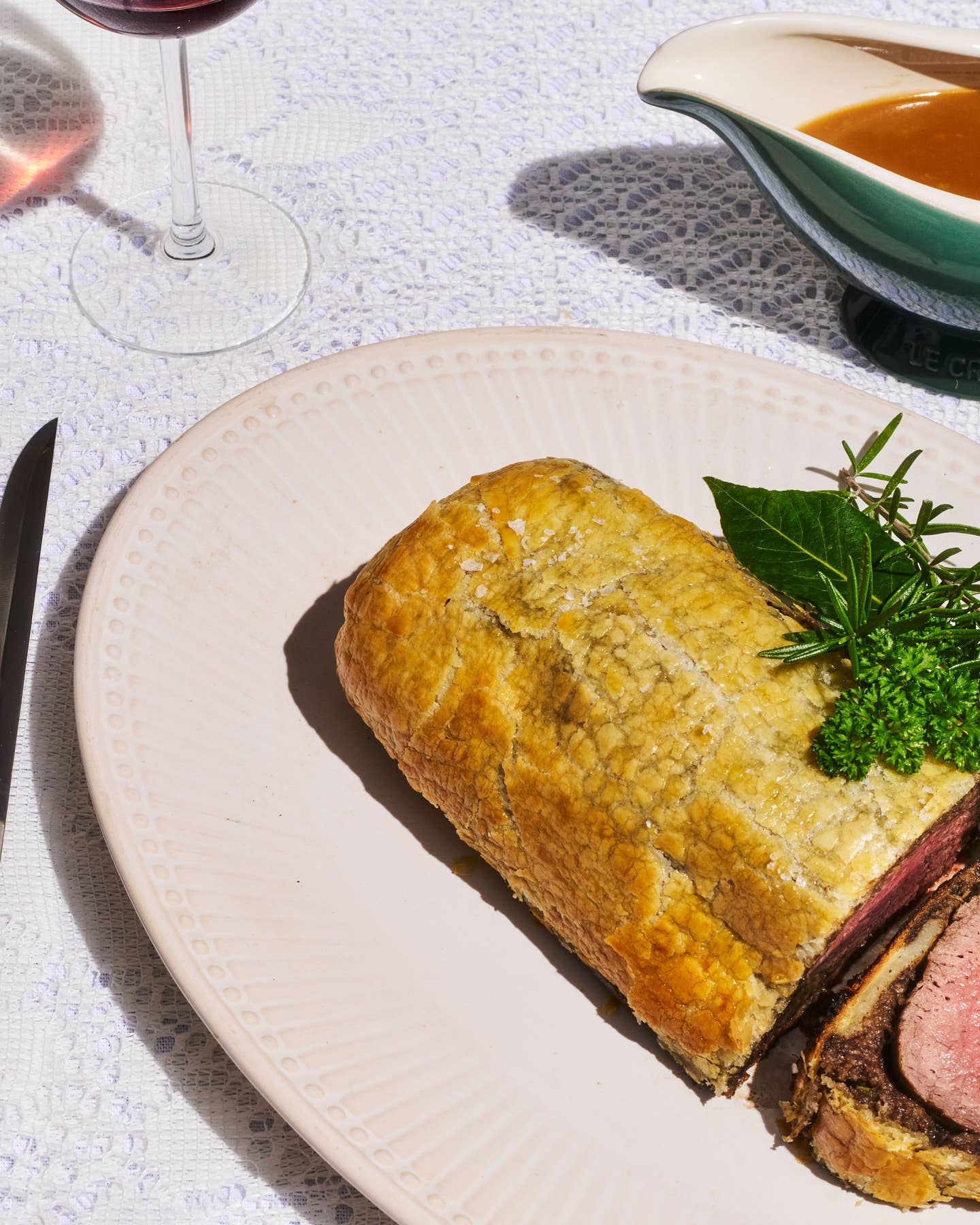
Some dishes bear simple descriptive names—grilled T-bone steak, say. Others are tributary: peche Melba, in honor of a famous soprano; spaghetti alla puttanesca, in honor of the prostitutes of Rome. And some dishes … Well, maybe somebody was just having a bad day.
Blueberry grunt: A kind of steamed blueberry biscuit-dough cobbler, popular in New England.
Cazzetti d'angeli: Little tube-shaped Roman pasta, which apparently reminded somebody or other of, to put it bluntly, "little angel penises".
Kiopoolu: A Bulgarian vegetable stew. The name is Turkish for "son of a dog".
Maultaschen: In Swabia, in southern Germany, it's a kind of oversized ravioli with a stuffing of ground meat and parsley—but it's also German for "slap in the face".
Olla podrida: Literally, the name of this Spanish meat and vegetable stew means "putrid pot".
Singing hinnie: A baked lard and currant wafer from the north of England. (A hinnie or hinny, of course, is the offspring of a stallion and a donkey.)
Son-of-a-bitch stew: An old cowboy term for anything in a pot that isn't readily identifiable.
Spotted dick: A classic English steamed pudding made with suet and currants (the spots).
Strangolapreti: "Priest strangler"—gnocchi from northeastern Italy, supposedly so good that even holy men stuff them down gluttonously.
Vezir parmagi: Turkish for "the vezir's finger"; one of the many Middle Eastern pastries named after body parts.
Keep Reading
Continue to Next Story










